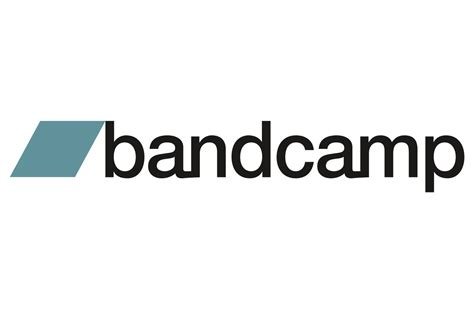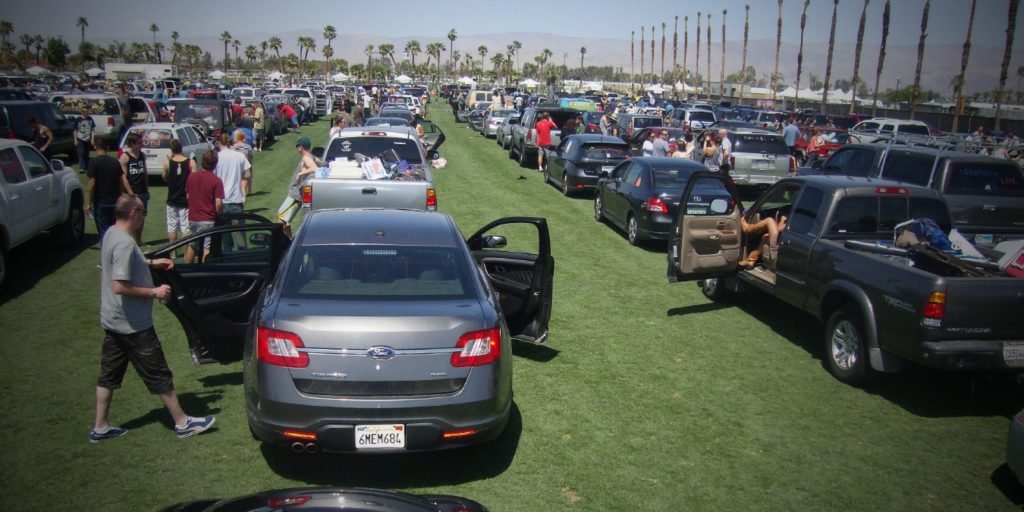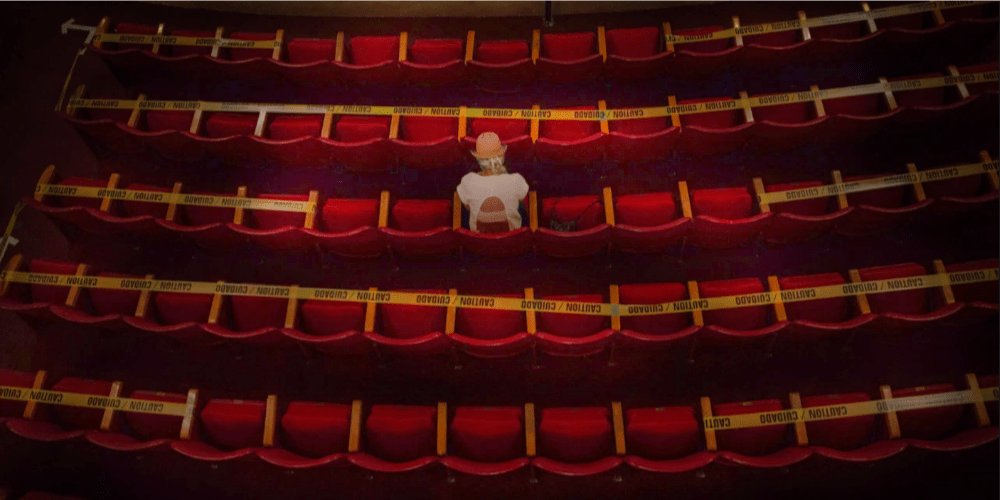I’m thinking about Letterboxd. I joined this trendy film lover’s platform a few weeks ago, and — hey whaddaya know — I’m enjoying it. Here’s my profile. I’m logging the movies I watch and the ones I want to watch, which is my main reason for using Letterboxd. (I’ve gone through my journal and back-tracked some movies I watched in the past year before I joined.) Now I’m starting to enjoy the platform’s social aspects and how it’s a powerful place for film discussion and discovery.
Film critic Scott Tobias wrote an informative article on Letterboxd and its culture for The Ringer. Here’s a paragraph from that:
“Diary” was one of the words Matthew Buchanan focused on when he and his cofounder, Karl von Randow, were conceiving Letterboxd in the years before it launched in 2011. The other word was “Lists.” Those were the building blocks of the service, and they’re almost embarrassingly true to how the cinephile mind works to compartmentalize the films that pass through it. The common denominator among Letterboxd users tends to be a compulsion to log and order the things they’ve seen, which many of them were already doing using spreadsheets or pen and paper. Letterboxd is a social media site that opens up those habits to public scrutiny, but the trade-off is that it also functions as a vast warehouse of opinion and hard data, an opportunity both to survey reactions to popular films and head down various rabbit holes. “Social film discovery” is how the homepage labels it—a phrase that’s in keeping with the no-frills, unassuming nature of the site.
Die-hard movie fans and fanatical music heads are similar. That paragraph could easily be talking about album collectors. The article also contains this quote about film buffs: “There’s still the delusion that you can see everything, that you can really have an encyclopedic knowledge of the entire expanse and breadth of the medium, which is not really on the table when it comes to literature or art.” Literature or art but not music. Because music collectors have the same mentality.
Where’s the Letterboxd of music? That’s an excellent idea. Replace ‘movies’ with ‘music’ and imagine a musical Letterboxd to keep track of and discuss the albums we listen to. We’ll make themed or best-of lists and professional music critics will rub shoulders with amateur and aspiring critics with their opinions. And, like on Letterboxd, the pros can be looser (and funnier) in their comments and reviews than on their employers’ sites, which makes things fun.
As mentioned in The Ringer article, another feature is no film (or album) is too old for discussion. “Release dates don’t matter at Letterboxd, and conversations can happen about any film at any time, which gives it an advantage over formal publications, which peg their coverage around embargo dates …” It’s like hanging out at the indie record/video store. The new releases might be the first thing we talk about, but our discussion eventually turns to rating the classics and obscure favorites.
For music, this kinda sounds like the lovechild of Last.FM and Discogs. But, while those sites have their particular focuses (‘scrobbling‘ and marketplace) this musical Letterboxd is solely about music nerds and fans congregating and talking about music. Am I missing something? Is there something out there like this? Let’s make it happen.





